On June 26, 2015, the United States Supreme Court heard the case of Obergefell v. Hodges. Obergefell overturned the ban on same-sex marriages as standardized in a 2004 constitutional amendment. The case was triggered because Mr. James Obergefell and Mr. John Arthur James, two homosexual males, were sorting their affairs.
Mr. Obergefell was terminally ill and was trying to manage his affairs when he realized he would be unable to be recognized as legally wed after his death. On July 22, 2013, Judge Timothy S. Black set a temporary order to mandate that Mr. John Arthur James and Mr. James Obergefell were recognized as legally married on Mr. Obergefell’s death certificate.
After extensive legal battles, the case made its way to the United States Supreme Court. The effects of this court ruling hinged upon the Due Process Clause and the Equal Protection Clause of the 14th Amendment.
The effects of this ruling were life-altering for many. Homosexual couples wishing to become legally wed swarmed county clerks’ offices to the point where the offices had to remain open well into the night to accommodate the sudden influx of people.
As the years have gone on, memories of what life was like for the LGBTQIA+ community before Oberegefell have faded from the minds of the public.
Many young people simply do not remember what a time before the legalization of gay marriage legislation entailed. While they grasp the ruling on a conceptual level, they do not recognize the sheer significance of such a feat.
Oakland University students Izzy Purcey, Andy Amy and Cooper Jones all admitted that they knew very little about the right to gay marriage.
“Nationwide, it only became legal in like, 2012? 2015?” Amy said.
John Barnes and Jane Smith were also unaware of what gay marriage laws included and the scale such protection entailed. This then raises the question: just what was society like before the legalization of gay marriage?
According to some sources, it was a time of hiding who you were, and more importantly, who you loved. This was especially true for those who were enlisted in the military, as evidenced by President Clinton’s “Don’t Ask, Don’t Tell” (DADT) policy. The DADT policy forced military officials to hide their sexuality.
After significant pressure from gay rights activists, the DADT policy was repealed in 2010. The repeal of the DADT policy was a significant win for the LGBTQ+ community. In fact, many believe that the repeal paved the way for the Obergefel ruling.
While the past decade has been characterized by an expansion of gay rights protections, it is important to recognize that the journey toward equity for the LGBTQ+ community is far from over. Members of the LGBTQ+ community continue to experience institutionalized discrimination and explicit oppression from their peers.
Love is often viewed as something to embrace. However, even after the Obergefell decision, some members of the LBGTQ+ community continue to hide their sexuality out of fear of discrimination.
By appreciating the history of gay rights, we may continue progressing the rights of the LGBTQ+ community, so that all individuals feel comfortable embracing their true selves.



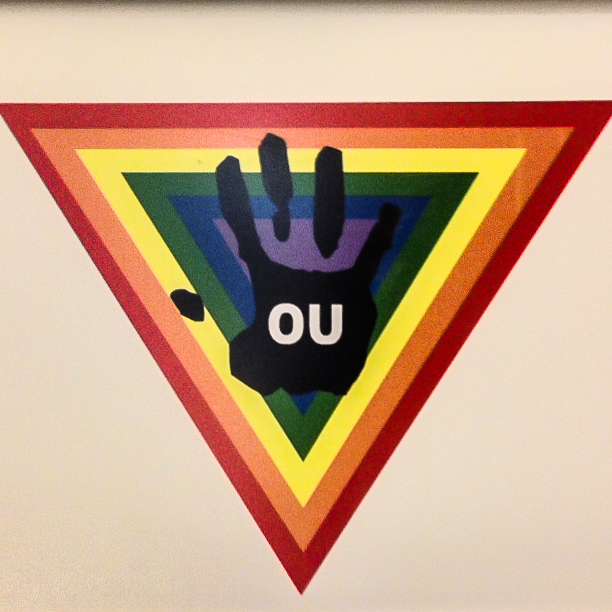

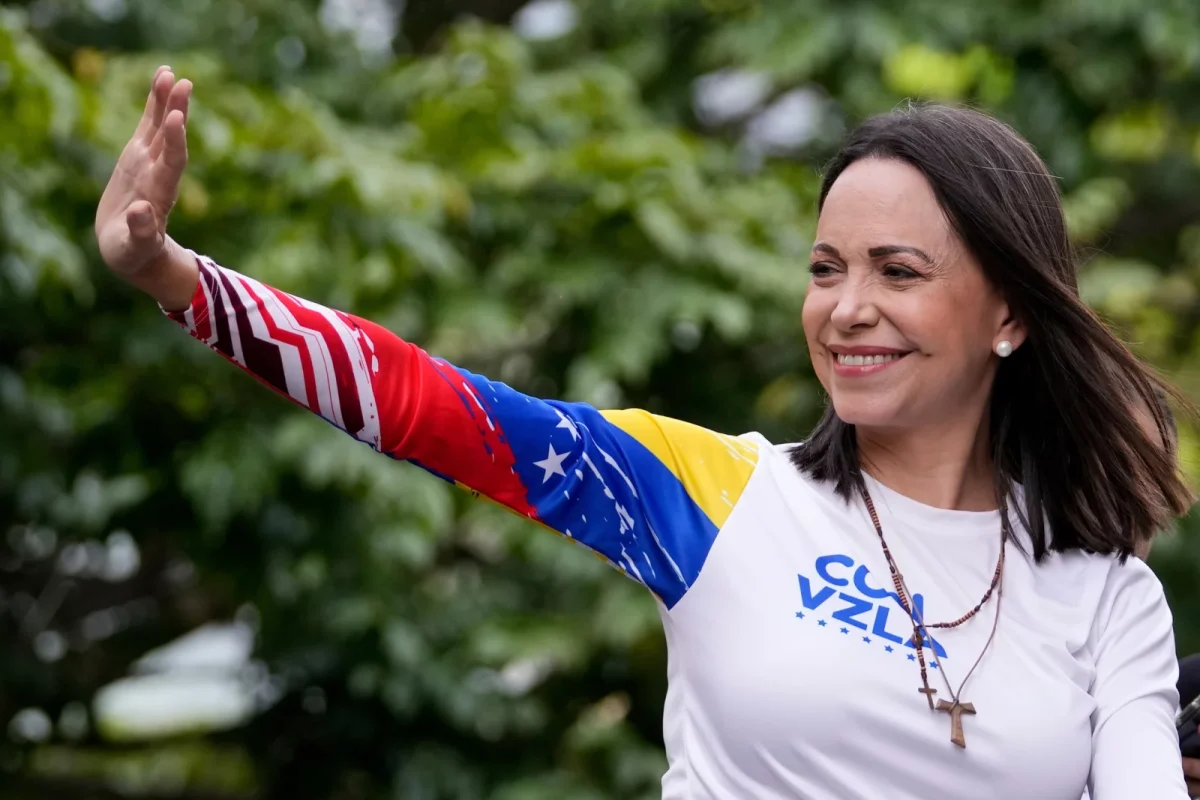



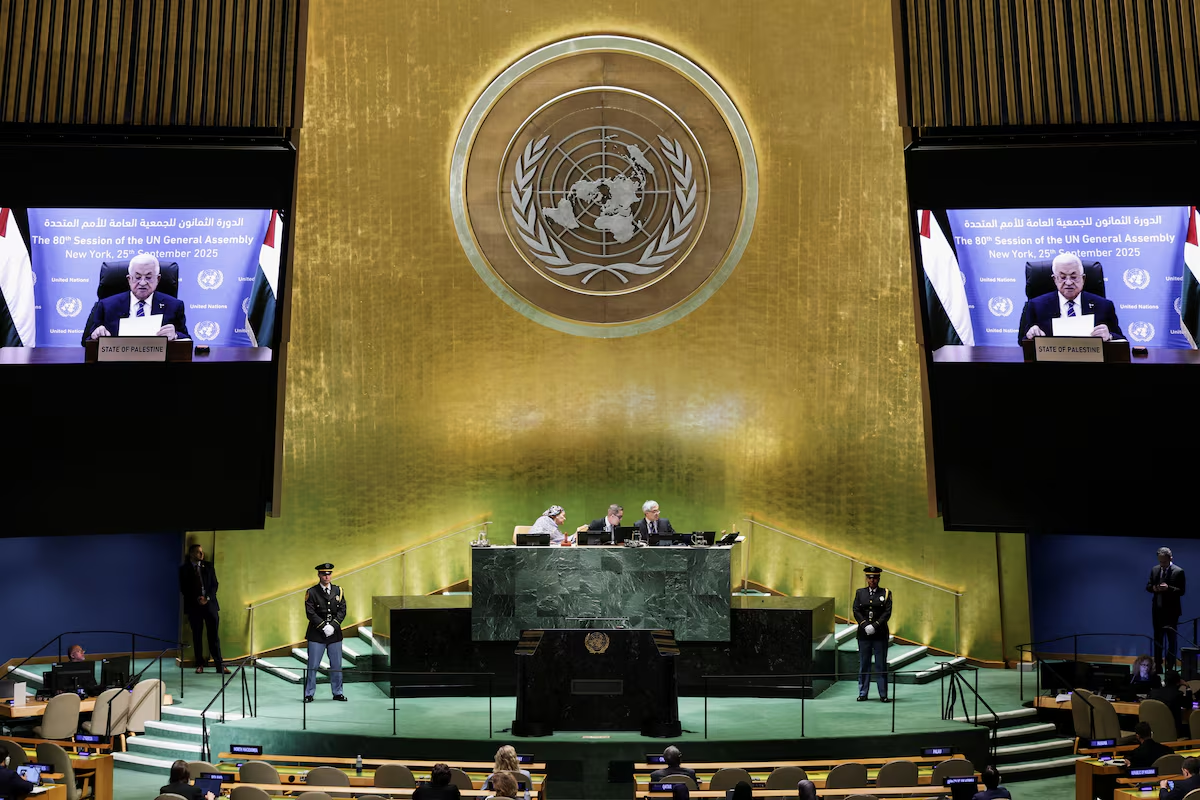


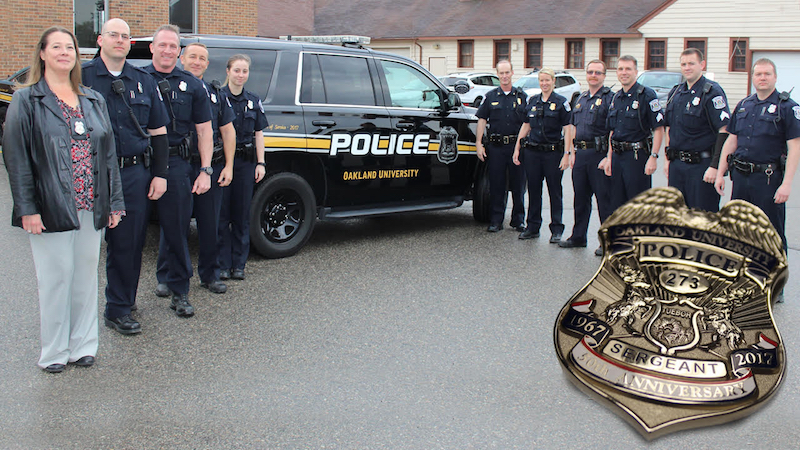
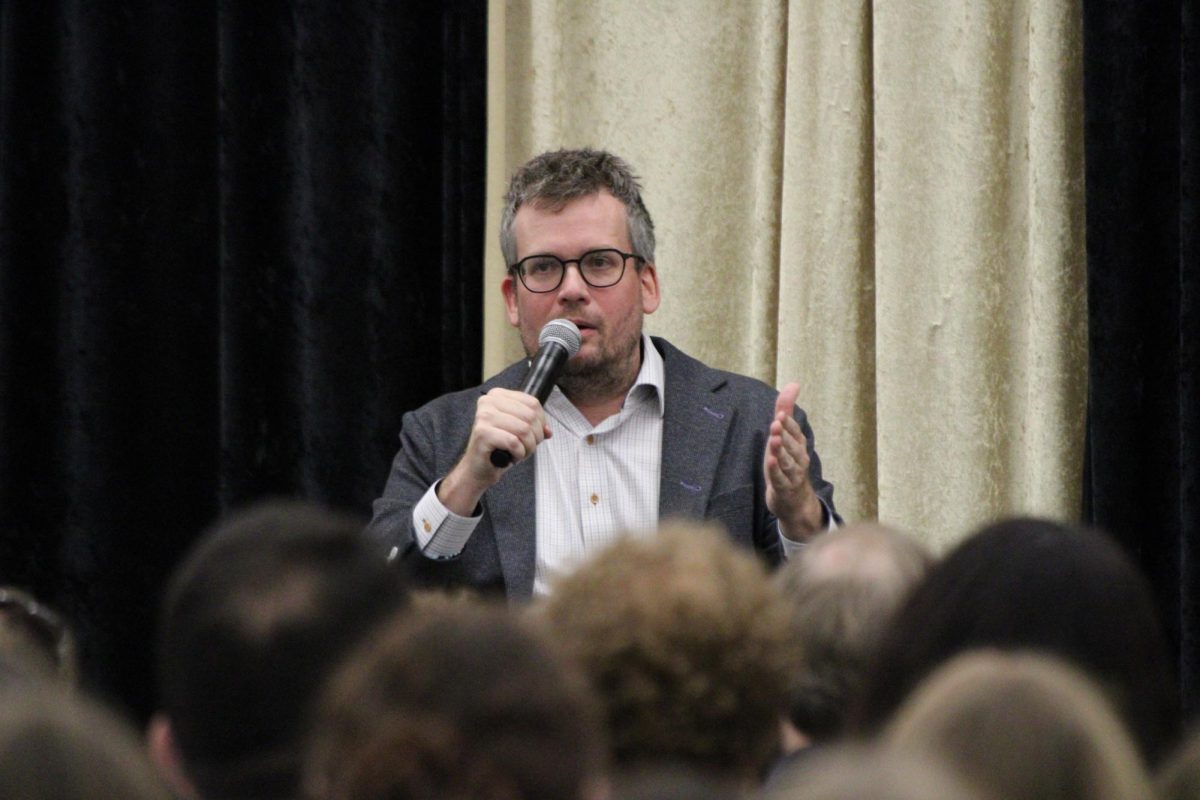
yousef • Feb 14, 2024 at 9:37 AM
The redefinition of marriage by the radical alphabet coalition was probably the most successful political campaign in the last 20 years beating out the election of Obama in 2008 and Donald Trump in 2016.
Fortunately the whole premise of the movement is doomed to fail. As this article alludes to, Marriage has been understood to be the union of a man and a woman and was rooted in ideas of Christianity primarily. This movement challenged that definition quite successfully on the premise that Marriage was the same as any other human relationship.
What is “marriage” now? How do you articulate a defensible position for the definition of marriage that protects it from an ever-expanding definition that doesn’t make you a hypocrite? Traditionally the defense was “This is an institution founded by God”. What is your case against expanding the definition to include Polygamy? Polyamory? Bestiality? Pedophilia?